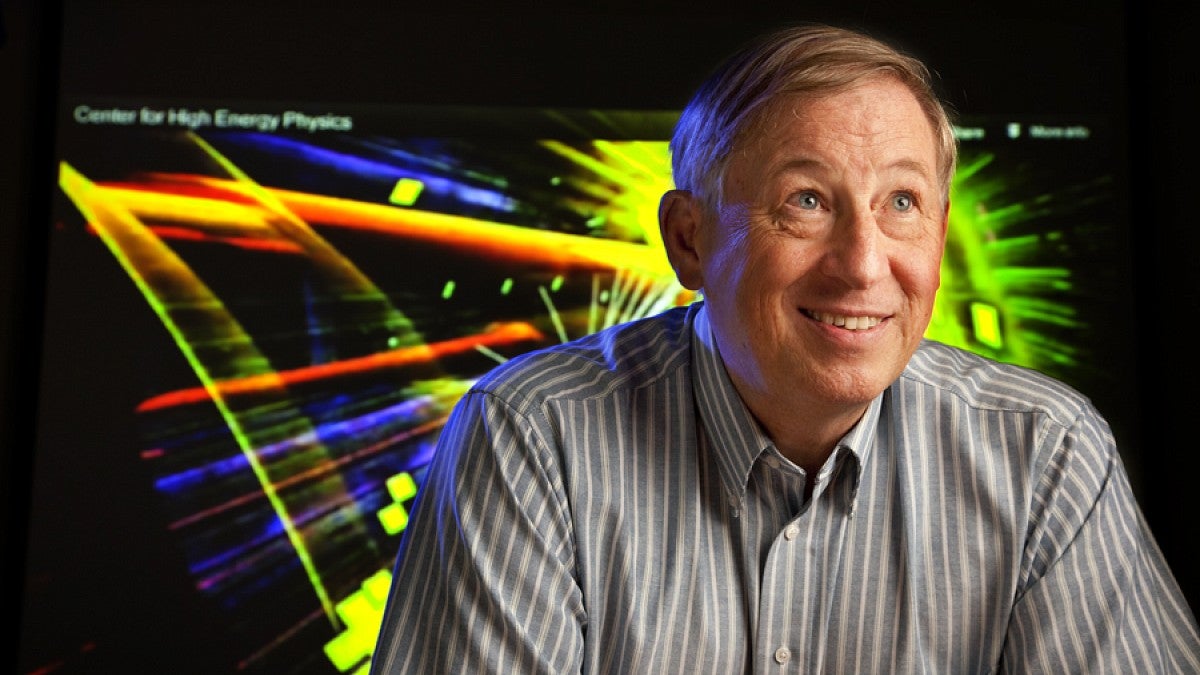University of Oregon particle physicist Jim Brau has been named associate director for physics and detectors for the Linear Collider Collaboration, an international organization uniting particle physicists, accelerator physicists, engineers and other scientists preparing for the next generation of particle colliders.
The announcement was made Tuesday, Dec. 6, at the Linear Collider Workshop in Morioka, Japan, where Brau — the Philip H. Knight Professor of Natural Science and the former director of the UO’s Center for High Energy Physics — was a delegate. Brau participated along with the other leaders of the collaboration in the press conference in Morioka to introduce the leadership team.
Colliders are large-scale research tools used by physicists to smash subatomic particles together in search of new, fundamental scientific breakthroughs. Today, the leading such collider is the Large Hadron Collider in Geneva, Switzerland.
The UO high-energy physics researchers have played leading roles in two of the world’s most high-profile scientific developments of recent years: the discovery of the elusive Higgs boson particle at the Large Hadron Collider, explaining how the fundamental particles get their mass; and the detection of gravitational waves stemming from the collision of two black holes in a distant galaxy at two Laser Interferometer Gravitational Wave Observatory sites in the U.S., which go by the acronym LIGO.
The UO Center for High Energy Physics researchers collaborated on the ATLAS Experiment at the Large Hadron Collider and with the LIGO Scientific Collaboration working in Hanford, Washington, and in Livingston, Louisiana. Brau led the UO teams into both efforts several years ago.
“The UO particle physics group is prominent in the world of high-energy physics and gravitational waves,” Brau said. “We have played a valued and critical role in both ATLAS and LIGO, and for more than 10 years we have been in leading roles on the R&D effort to realize the International Linear Collider.”
In his new role, which begins Jan. 1 with a term of three years, Brau will be guiding the final push toward the planning and construction of the experiments at a new linear collider that would complement the Large Hadron Collider. The Linear Collider Collaboration unites two potential future particle colliders, the compact linear collider study and the International Linear Collider, in one organization. The International Linear Collider is under consideration by the Japanese government for a construction start in the next few years.
“Oregon will continue to be a leader in the worldwide collaboration on this exciting opportunity to explore even further the physics of the energy frontier,” Brau said.
—By Lewis Taylor, University Communications


